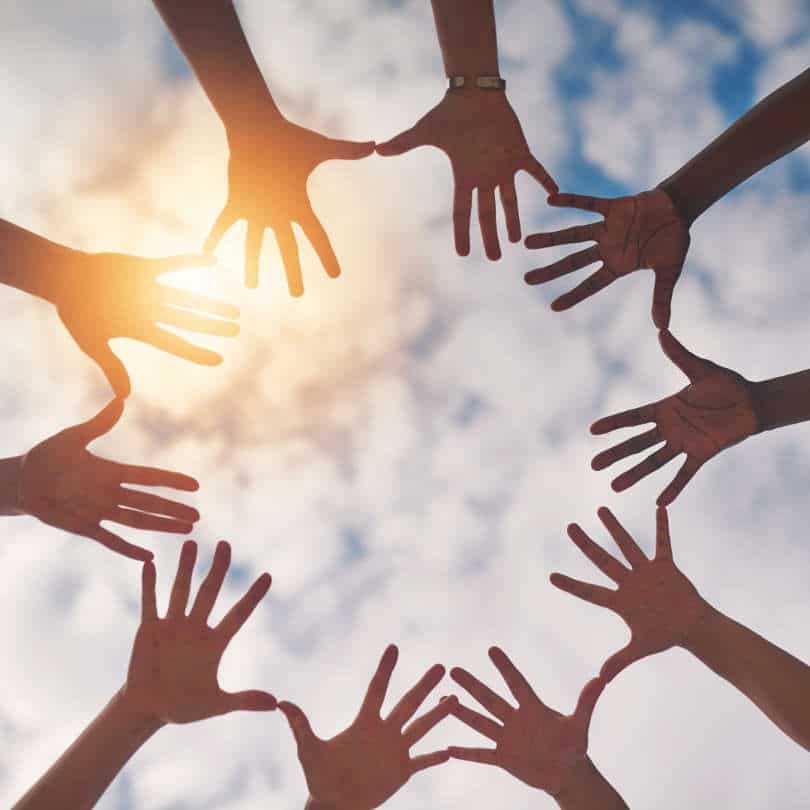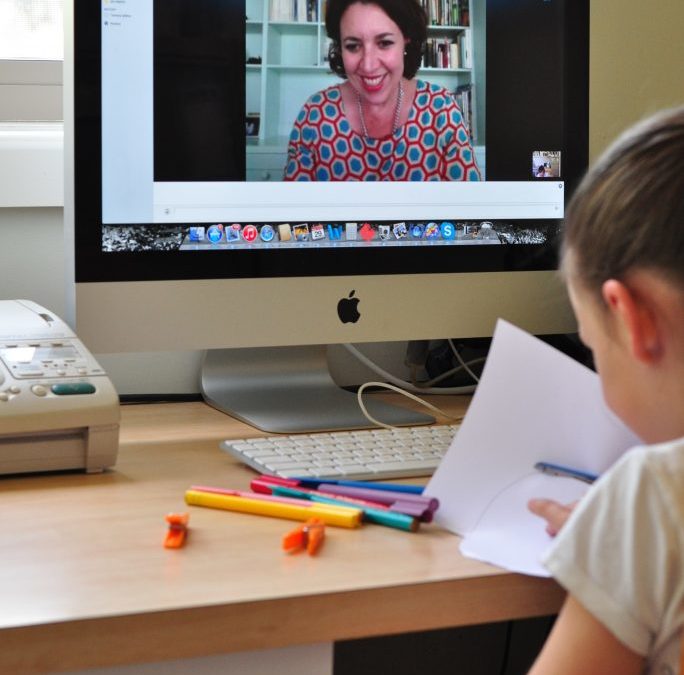Feeling like we belong is a human need and when we have children that need additional support, it’s even more important to find a community of people that understand your journey. As therapists, we know that one of the most powerful resources to support parents is other parents walking a similar path. Let’s delve into the importance of these connections and spotlight some communities where they can be forged.
Why Connection is Crucial
Parenting a child with a disability can sometimes feel like navigating uncharted territory. The unfamiliarity of the landscape, combined with the emotional, physical, and financial challenges, can be overwhelming. In these moments, having a community of people who share similar experiences can make all the difference. Here’s why:
- Shared Understanding: Other parents of children with disabilities intuitively understand the unique challenges and joys that come with the territory. They can provide emotional support, share experiences, and celebrate milestones that others might not fully grasp.
- Practical Advice: These parents can offer practical tips and advice based on their own experiences. This could range from navigating medical and educational systems to finding the best local and online resources.
- Advocacy: Together, parents can be a powerful voice advocating for the rights and needs of their children. There is strength in numbers.
- Respite and Empathy: Simply knowing that others share similar struggles can provide respite. These connections often lead to deep, empathetic relationships.
Communities of Support
There are many communities out there where parents of children with disabilities can connect. Here are a few examples:
- Kindship: An online platform designed to connect parents of children with disabilities. Kindship offers a safe space to share, connect, and support each other, irrespective of the type or severity of disability. It’s like a digital support group, accessible anytime, anywhere.
- Yellow Ladybugs: This community is specifically dedicated to girls and women with autism. Recognising that autism often presents differently in females, Yellow Ladybugs provides resources, advocacy, and connection for families navigating this path.
Both of these communities have excellent social media resources that you can tap into as well.
We understand that navigating the world with a child with disabilities can feel overwhelming, but remember you’re not alone. Connecting with others in similar circumstances offers not only a wealth of shared experience and knowledge, but also empathetic understanding and emotional support. Communities like Kindship and Yellow Ladybugs are just a couple of examples of the spaces that offer these crucial connections. Connection is not a luxury, it’s a necessity!




